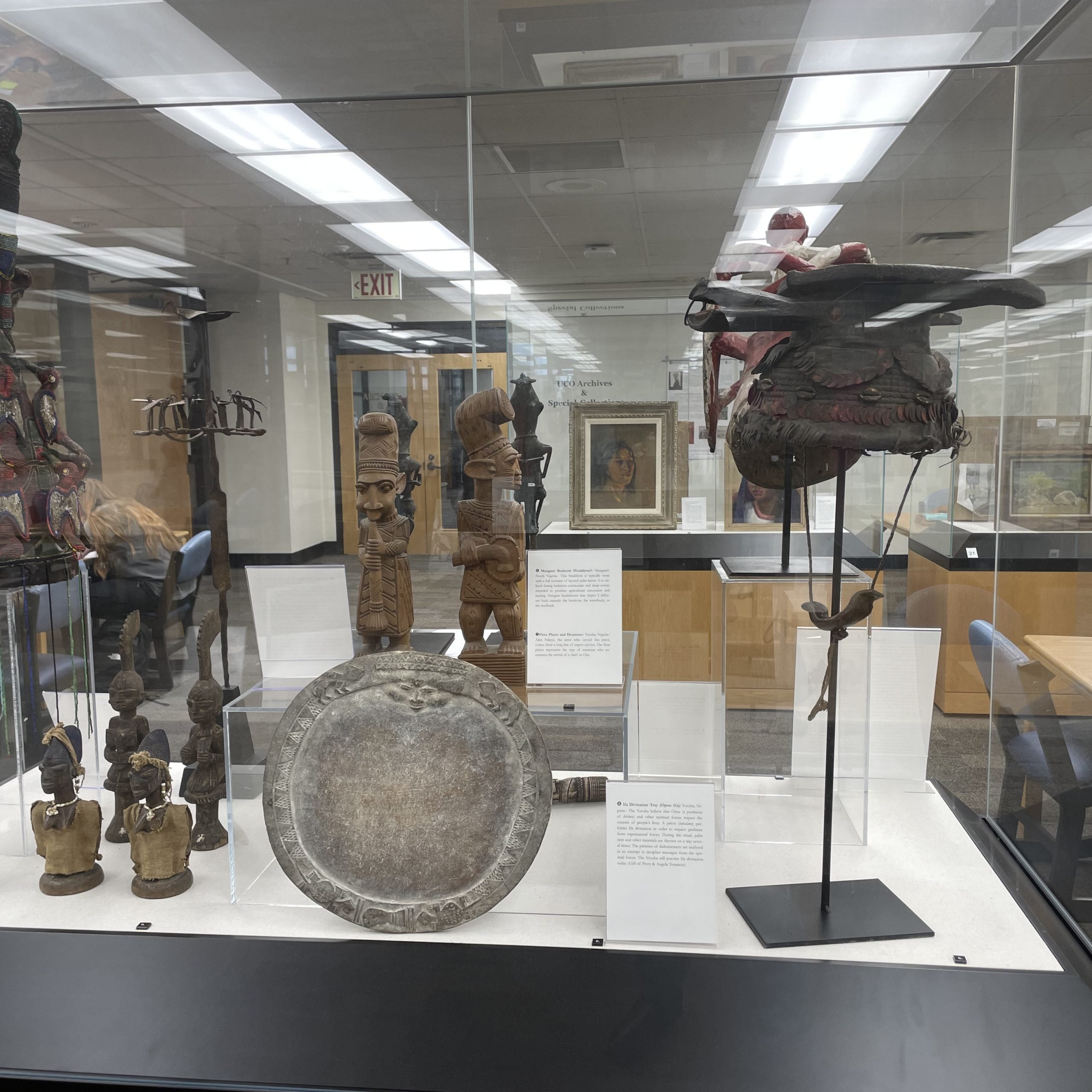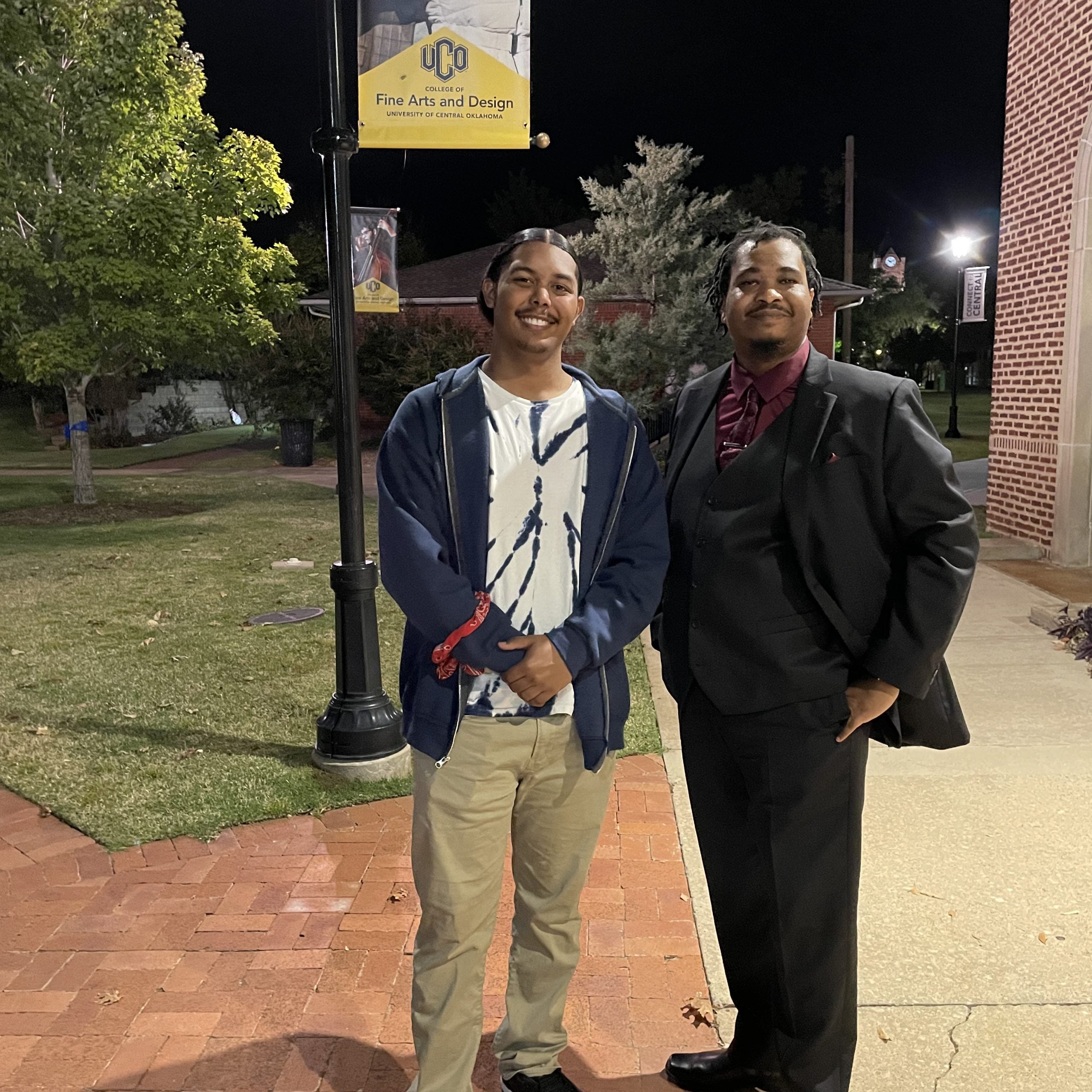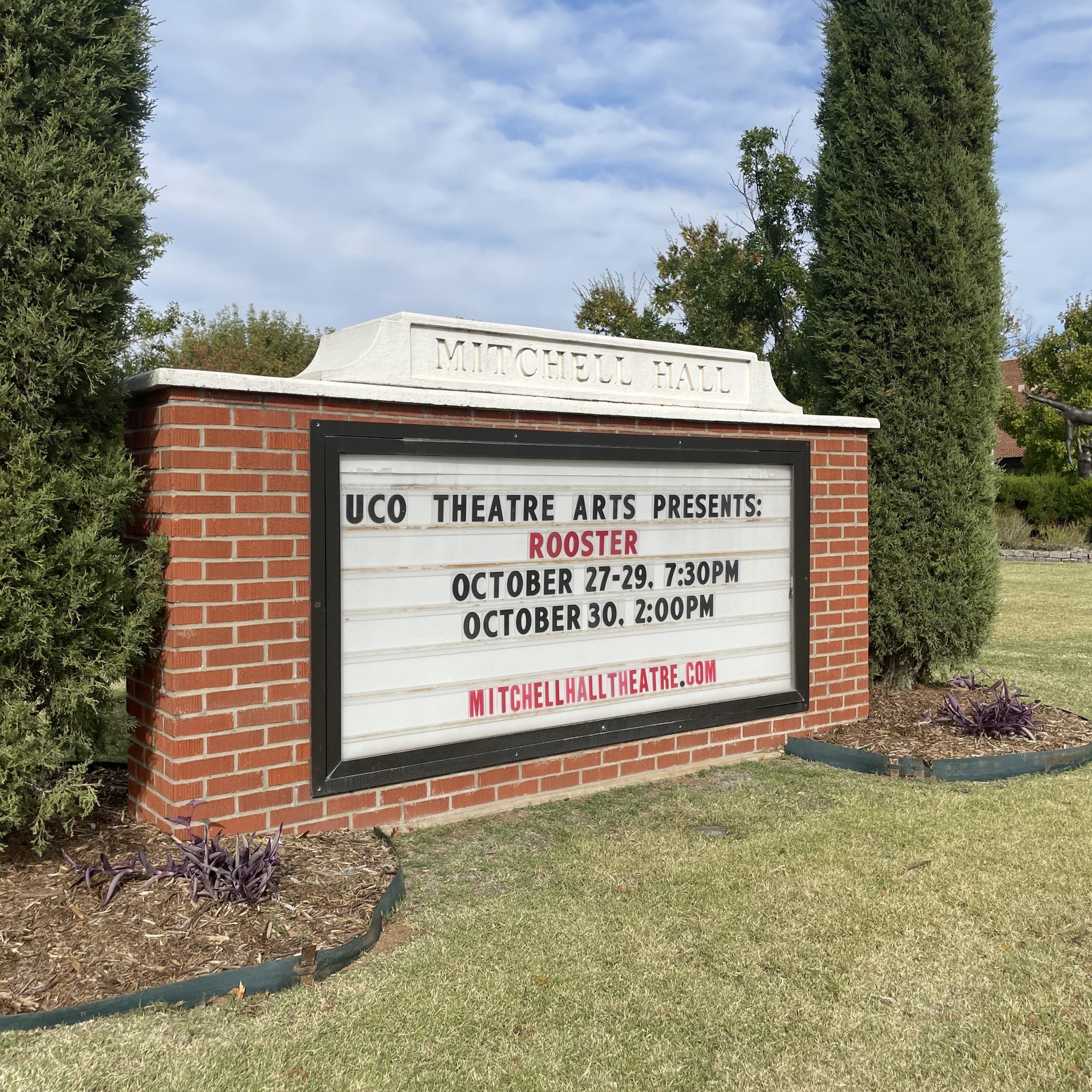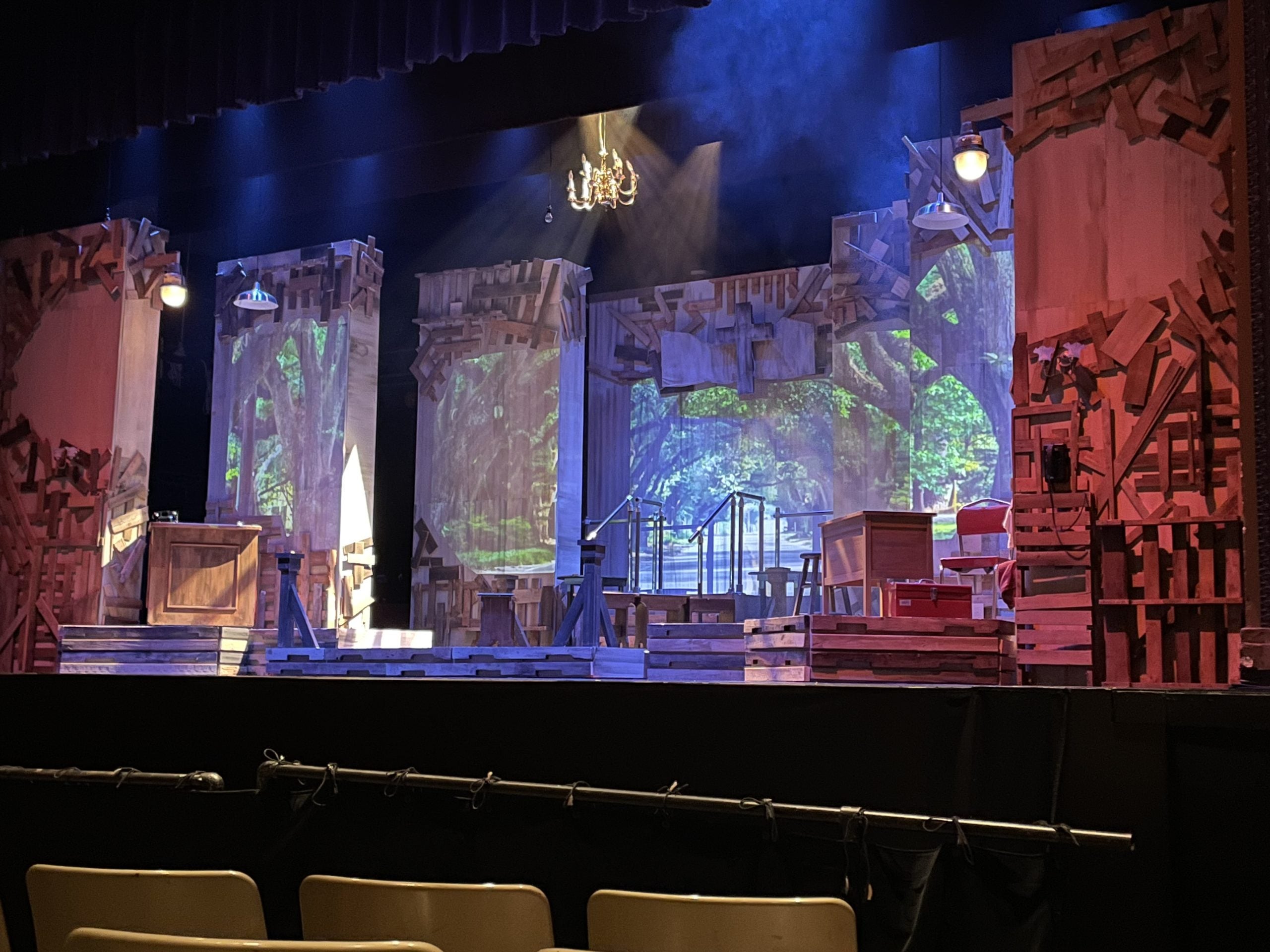Before a few days ago, I had somehow managed to go nearly 40 years without having traveled on an airplane (that I remember). I had also not traveled farther west than Louisiana. And I also had never had one of my own plays produced.
This week presented a lot of firsts.
Just over a decade ago I wrote my first full-length play, “Rooster,” a hardboiled murder mystery set in my hometown of Aiken, in the year 1947. Attempts to produce it had sputtered and floundered, a handful of fits and starts, and even a couple of staged readings, including virtual reading two years ago, during the pandemic.
Either providence or serendipity orchestrated the chance discovery of the script by Michael Page on the social networking website New Play Exchange (a kind of LinkedIn for playwrights).
Page is a professional actor who was poised to be a guest director in the University of Central Oklahoma’s (or UCO) Department of Theatre Arts, and he was looking for a work to direct for the school’s fall mainstage production. “Rooster” made the cut.
“I wanted something that would be a challenge,” Page said. “Something with a big cast, but also a good story with a lot of meat.”
Considering I wasn’t quite as knowledgeable about playwriting when I wrote the first draft as I am now, I would agree with the former. I’d packed the script with dense dialogue and a host of characters, locations, scene and costume changes, and diegetic musical interludes—even though it’s not a musical.
Even though the draft he first encountered was a whopping 138 pages (which came out to three hours in a reading; as opposed to the some 98 pages of the staged draft), I’m glad he still thought it was worth taking a crack at.
Fast-forward after some correspondence online and by phone, some negotiations with the university, and a few Zoom meetings, “Rooster” was produced by UCO’s theatre department, starring mostly students from its Theatre Performance program, directed by Page. I flew out to Edmond, Oklahoma, the town just outside Oklahoma City, where I’d see the production and even do a panel discussion and a Q&A.
To say the experience was surreal would be an understatement. I’d say the same thing about my rash underestimation of the severity of “airplane ear” (earplugs and chewing gum kept me sane).
I enjoyed my time in Edmond, even though I didn’t get to explore it as much as I would’ve liked. The flat Oklahoma landscape, with its deceptively clear views of the distance, were subtly mesmerizing.
The play’s dramaturg, a bright young theatre student named Angelique Bruner, offered an impromptu tour of some of UCO’s campus. I was especially drawn to the beautiful and fascination exhibits of West African art in UCO’s Chambers Library.

I sat down and chatted with the Bard himself, William Shakespeare, on a bench hidden behind a curated nook of bushes at the campus’ Mitchell Theatre. Okay, so it was only a metal sculpture of the Bard, but it was a really good one, so I figured it counts. I got to meet Yorick, too.
I’d be remiss and downright dishonest if I failed to mention that, more than Shakespeare, or Yorick, or the Touch the Clouds statue on 2nd Street in Edmond, my soul was more shaken by seeing the title of my work on the theatre’s marquee. That might make me vain, but, at least for now, so be it.
Devin Scheef, the department’s assistant chair, was the scene designer for the play. Through some manner of theatrical sorcery, he and a coterie of eager and skilled design students transported Aiken’s South Boundary to the Mitchell Theatre’s auditorium, along with the Willcox Hotel, a church and a rowdy juke joint that shares the title’s namesake.
The student performers stunned me. Thursday, opening night, I entered the box office with my girlfriend and my parents, who had flown in separately to accompany to the showings. Alongside popcorn and soft drinks and other common concessions, the school had arranged gourmet “Rooster cookies.”

Page then led me to the theatre’s basement area, where the cast was in costume preparing for the show. He had given me the impression that the students—most of whom I had spoken to in a Zoom meeting the day after casting—were nervous about meeting me in person.
I was met with applause and cheers. I suppressed tears to fumble a response about how honored and humbled I felt that everyone had put so much work and dedication into this thing that I typed a way at so many years ago.
I even apologized to Benjamin Barker, a frightfully skilled young actor and senior at UCO, who starred in the play as its protagonist, private eye Vernon Beaumont, for writing so much dialogue for him to work on.
It was all a bit much. These smiling 20-somethings, cast and crew, telling me “it’s an honor to meet you, sir!” and “thank you so much for coming!” I think one student even wrote a thesis project on me.

My swelling ego and my relentless anxiety don’t usually have to coexist in my head this much at the same time. I pray they ultimately evened each other out.
I took pictures with some students and their families. The next day, I sat with the director and other members of the crew—Page, Scheef, costume designer Becky McGuigan, department chair Daisy Nystul, UCO junior Rainey Denison (who gave a fantastic performance as Southern belle Naomi Cartwright)—and we discussed the play, its inspirations, meanings, themes—as if it were, you know, a “real play.”
But I guess it is a real play, now. I reckon it always was.
Saturday morning, we flew out from where the wind comes sweeping down the plain.
I have more to say, and yet can’t say enough. But for now I’ll say, thanks UCO, thanks to all those vibrant young actors, and to Mr. Page. Oklahoma’s OK with me.
Skyler Q. Andrews is a staff reporter covering business for The Augusta Press. Reach him at skyler@theaugustapress.com.












